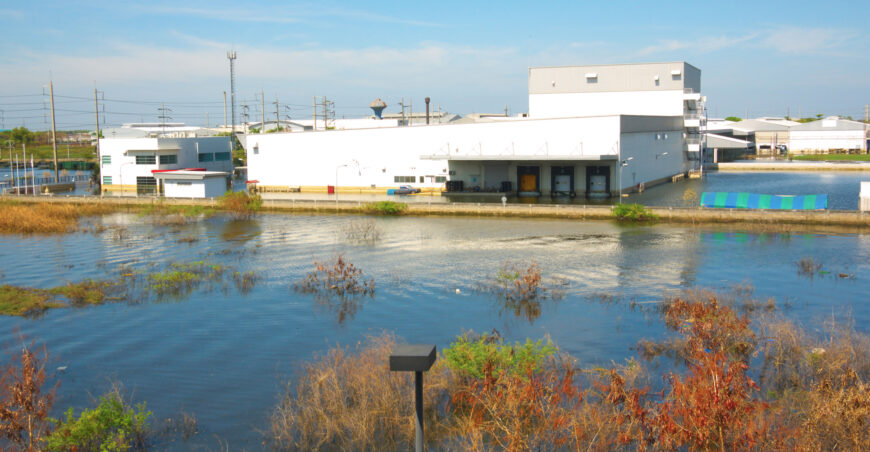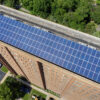Commercial real estate investments stand as a substantial asset for businesses and investors alike, offering a stable source of income and long-term growth potential. However, as the unpredictable forces of nature remind us, even the sturdiest structures can fall prey to natural disasters, take for consideration the Maui Real Estate and the recent devastation from the wildfires. When catastrophe strikes, navigating insurance claims becomes a crucial endeavor to protect these valuable investments. In this article, we’ll delve into the intersection of commercial real estate and insurance claims, with a focus on mitigating the impact of natural disasters.
Understanding the Vulnerability: Natural Disasters and Commercial Real Estate Investments
Natural disasters, ranging from hurricanes and earthquakes to floods and wildfires, are a constant threat to commercial real estate properties. These catastrophic events can cause extensive damage, disrupting business operations and resulting in significant financial losses. As such, comprehensive insurance coverage is essential to mitigate the risks associated with owning and managing commercial real estate.
Types of Insurance for Commercial Real Estate Investments
For commercial property owners and investors, selecting the right insurance coverage is paramount. There are several types of insurance policies designed to address the unique risks posed by natural disasters:
- Property Insurance: This policy typically covers damages caused by fire, vandalism, theft, and certain natural disasters. However, it’s crucial to carefully review the policy’s terms to ensure it includes the specific perils relevant to your property’s location.
- Flood Insurance: Many standard property insurance policies do not cover flood damage. Given the increasing frequency of flooding events, especially in coastal and flood-prone areas, obtaining separate flood insurance is a prudent step for safeguarding against financial losses.
- Earthquake Insurance: Similarly, earthquake insurance is often not included in standard property insurance policies. For regions prone to seismic activity, securing earthquake insurance can protect against substantial structural damage.
- Business Interruption Insurance: This coverage assists in recuperating lost income and additional expenses resulting from property damage, allowing business operations to resume more swiftly after a disaster.
Navigating Insurance Claims for Natural Disasters
When a natural disaster strikes, the process of filing and negotiating an insurance claim can be complex and overwhelming. To ensure a smoother experience, consider the following steps:
- Prompt Reporting: Notify your insurance provider as soon as damage occurs. Provide detailed documentation, including photographs and written descriptions, to support your claim.
- Thorough Documentation: Keep detailed records of the property’s condition before the disaster and document all post-disaster damages. This documentation will substantiate your claim and streamline the evaluation process.
- Engage Experts: Depending on the extent of damage, involving professionals such as contractors, engineers, and public adjusters can help accurately assess the destruction and estimate repair costs.
- Review Policy Coverage: Thoroughly review your insurance policy to understand the coverage limits, deductibles, and exclusions. This knowledge will help you manage expectations regarding compensation.
- Communication: Maintain open communication with your insurance provider throughout the claims process. Understand the timelines for claim assessment, negotiation, and settlement.
Mitigating Risks and Enhancing Preparedness
While insurance provides essential financial protection, proactive risk management strategies can significantly reduce the impact of natural disasters on commercial real estate investments:
- Property Inspections: Regularly inspect the property to identify potential vulnerabilities and address maintenance issues that could exacerbate damage during a disaster.
- Emergency Plans: Develop comprehensive emergency plans that include evacuation procedures, communication protocols, and contingency measures to protect occupants and minimize losses.
- Investing in Resilience: When constructing or renovating properties, consider implementing resilient design features that can withstand or mitigate the effects of natural disasters. These features may include reinforced structures, storm-resistant windows, and elevated foundations.
In the world of commercial real estate, the unexpected can disrupt even the most carefully laid plans. Natural disasters underscore the importance of robust insurance coverage and meticulous preparation. By selecting appropriate insurance policies, understanding claim procedures, and implementing proactive risk management strategies, commercial real estate investors and owners can fortify their properties against the formidable forces of nature, ensuring their investments remain resilient and profitable in the face of adversity.
If you’re looking for more information about current commercial real estate opportunities, the ICRE Investment Team would be more than happy to assist. Feel free to reach out with any questions regarding your next Commercial Real Estate needs.
















